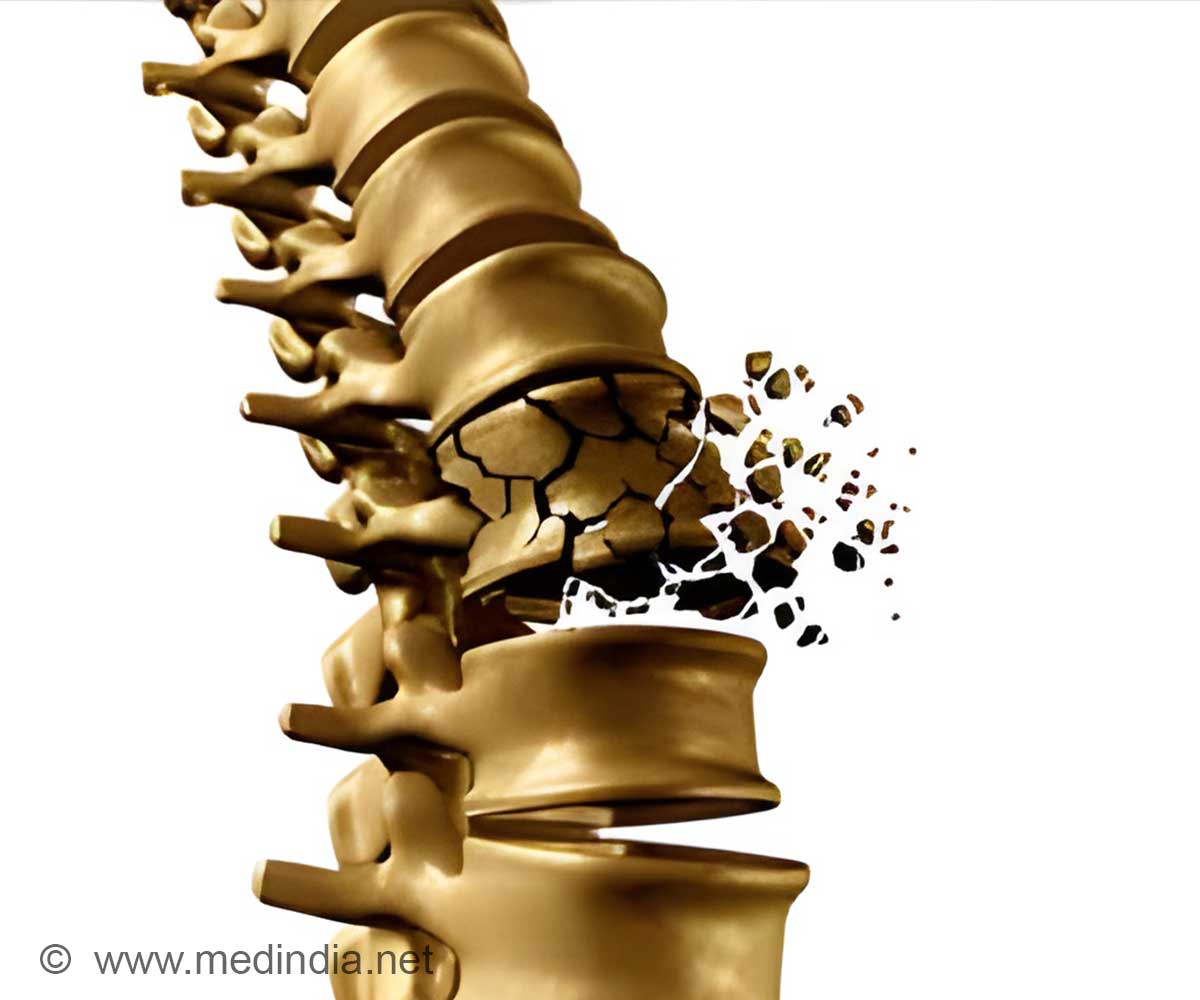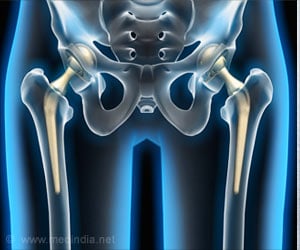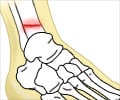Individuals with osteoporotic vertebral fragility fractures are at increased risk of future fractures, including potentially devastating hip fractures.

‘When osteoporosis results in a vertebral fracture, it is usually marked by the sudden onset of back pain, and they are at increased risk of future fractures.’





A new retrospective study by researchers at the University of Oxford has found that within a cohort of hip fracture patients many had previous imaging studies showing incidental vertebral fractures - but 54% of the vertebral fractures were not reported by radiologists. The study puts a spotlight on the under-reporting of osteoporotic vertebral fractures, particularly by radiologists who are not specialized in musculoskeletal imaging. The under-reporting is a missed opportunity for diagnosing and treating osteoporosis - and thereby reducing the risk of subsequent hip fractures.
The researchers used data from the local Fracture Liaison Service to case-find all hip fracture patients from 2013 presenting to the hospital. They then identified the patients who had also previously undergone radiological imaging that included the thoracic and/or lumbar spine in the previous six years. All identified radiological images were re-examined for the presence of VFFs.
The findings:
Of the 732 patients over the age of 50 with a hip fracture in 2013, 157 had previously undergone a radiological procedure involving the spine. VFFs were identified in 41% of the cases (65/157).
Advertisement
Non-musculoskeletal radiologists were less likely to identify vertebral fractures. 91% of unreported VFFs were from imaging reported by non-musculoskeletal radiologists.
Advertisement
Dr Ruth M. Mitchell, Merton College, University of Oxford, stated:
"It is essential that radiologists are vigilant for the presence of VFFs on routine imaging, particularly in older patients. Equally important is having an effective referral system in place to ensure these patients, once identified, are directed to fracture prevention services. We believe that together this will increase the number of patients receiving effective osteoporosis therapy, protecting against future hip fractures and the associated mortality, morbidity and cost."
Source-Eurekalert












